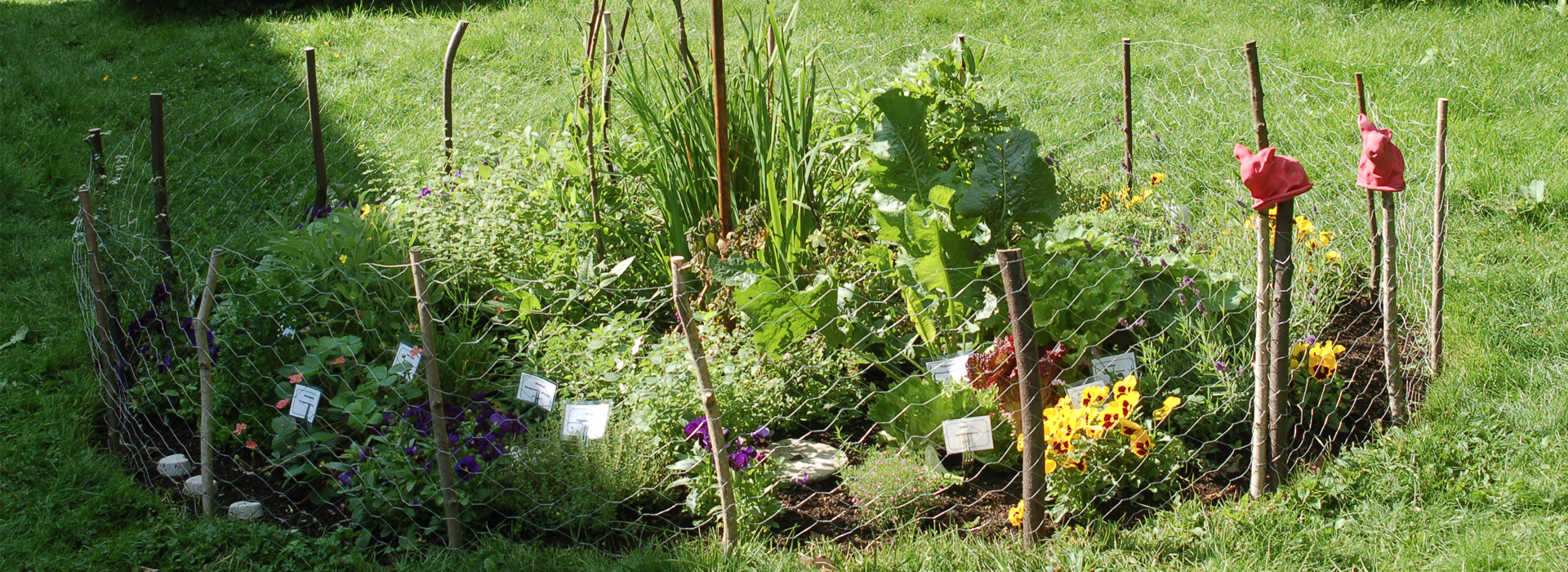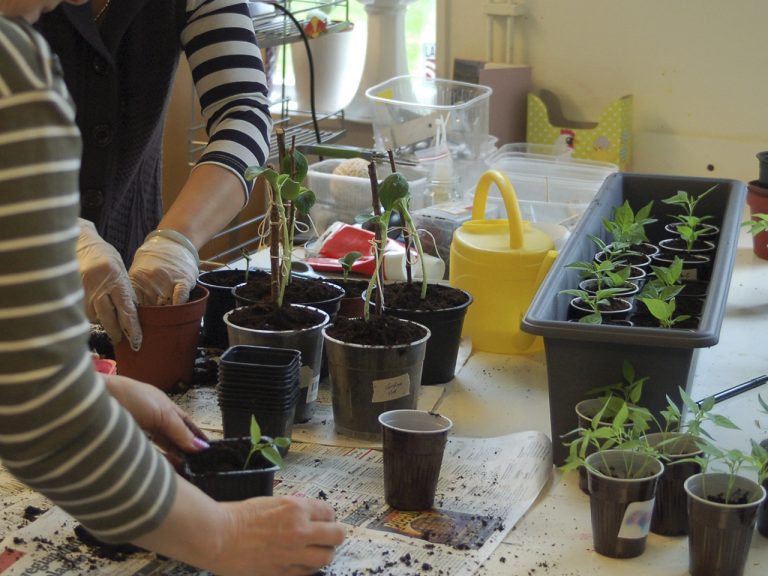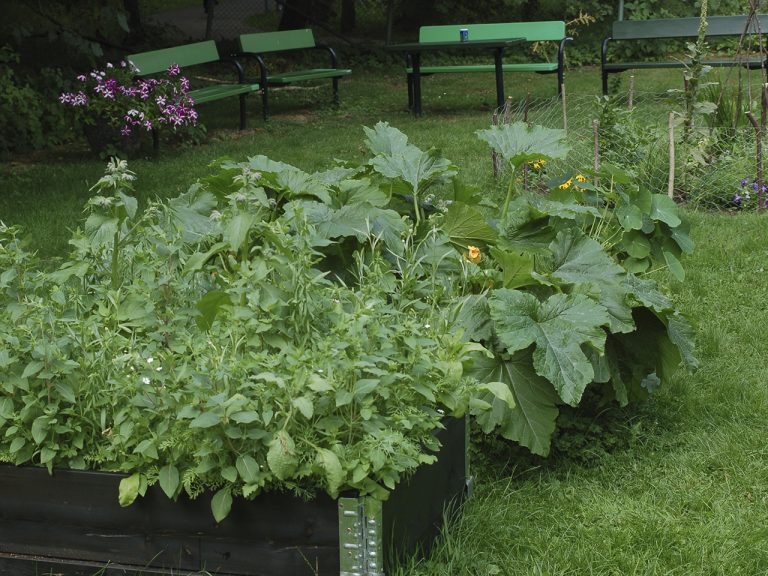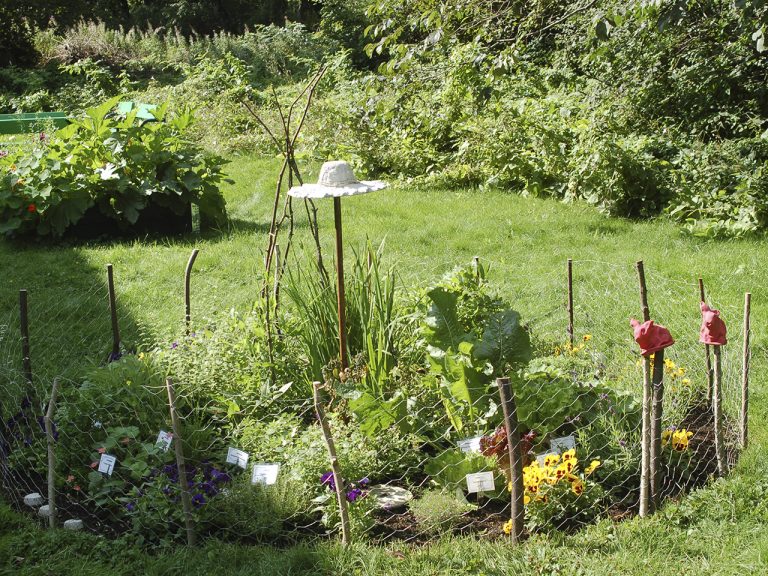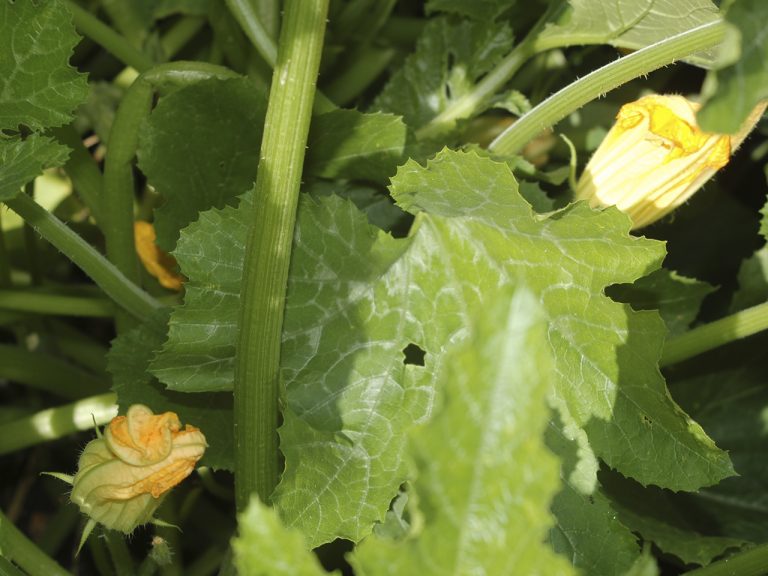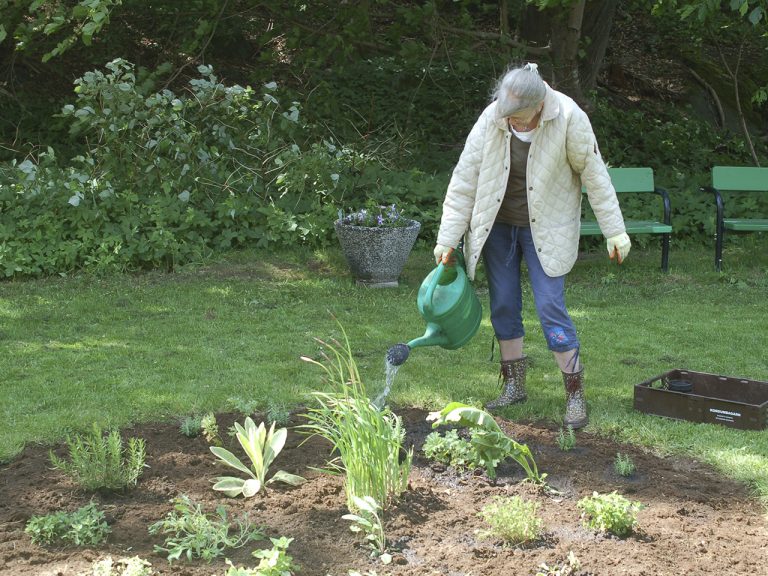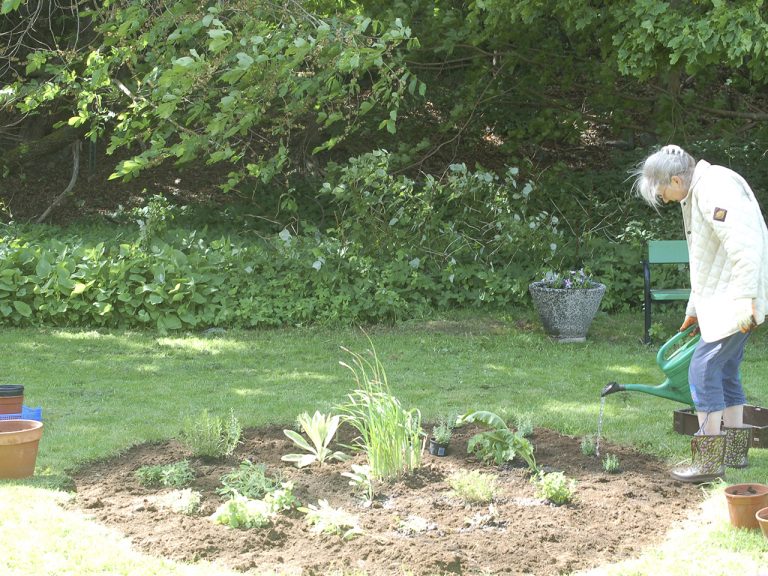Introduction
Folkuniversitetet garden in Växjö has a good mix of people from different cultures and the garden has been used as a rehabilitation site for several years. In the Studio garden in Växjö there is a Swedish gardener who is employed by Folkuniversitetet, but no migrant is employed as a gardener. The migrants have rehabilitation places in the garden studio. Over the past two years, it has become a good meeting place for migrants who need to learn Swedish and learn more about Swedish society and Swedish culture. It has been shown that it is a good concept to have a mixed group of Swedes and migrants. The garden has become an attractive place, and many come to studio visits from other organisations from southern Sweden.

 English
English  Deutsch
Deutsch  Español
Español  Svenska
Svenska 